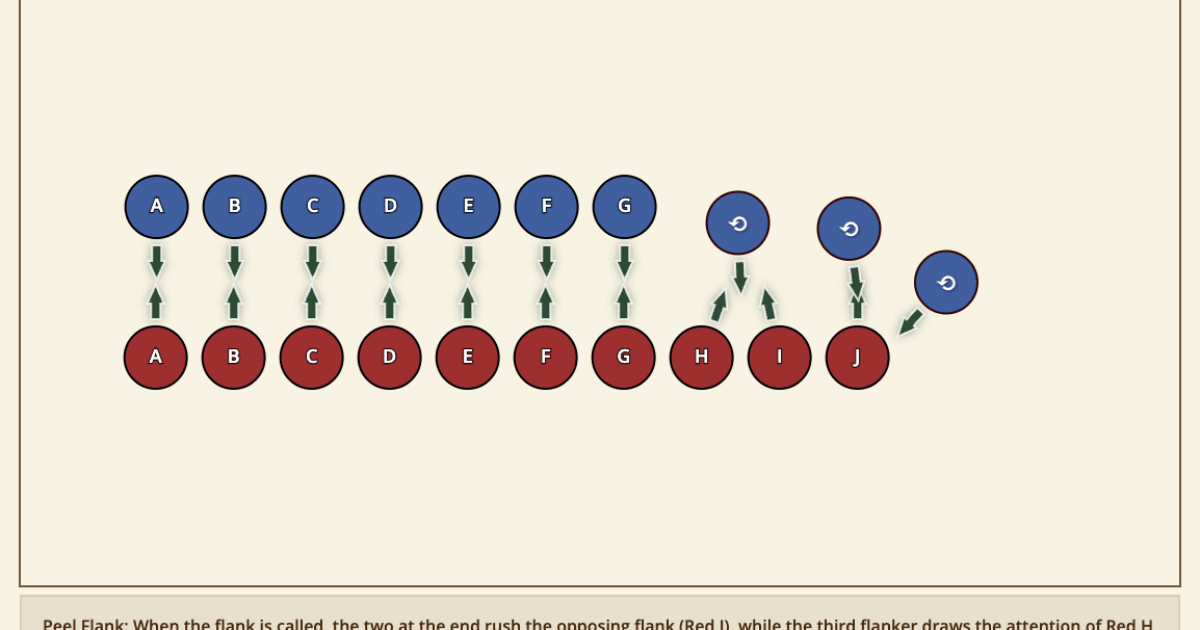During Dueling and Melee weeks, things are planned and your participation is a key part to those weeks. On Open weeks, your participation is not expected in any one event. This makes Open practice a valuable opportunity to dedicate your time and energy to whatever you choose. Unfortunately, I’ve heard a lot of questions concerning Open Practices and why we have them. I hope to address those concerns in this week’s Woodland Watch while also encouraging you to take full advantage of these open evenings.
“Why Do We Have Open Practices?”
To start off, we included Open Practices into our rotating schedule to not only relax and goof off, but to allow for free time in a group setting. It prevents burnout from the Officers and lets everyone take a break from our usually jam-packed practices.
Additionally, Open Practices are great weeks to try themed days and other unusual activities we all love, like Damian’s Lord of the Rings practice he held last month. By having a regularly scheduled time for those kind of activities, we don’t have to interrupt our normal routine like it would have happened in the past. If you ever have an idea for a practice theme or a giant activity you’d like to run, Open Practices are there to accommodate.
Most importantly, open practices give you a week to apply whatever skills you’ve been learning or studying in an informal setting. It’s a day to review your own progress and practice your fencing using whatever means works best for you.
“Why Can’t I Work on my Lessons?”
There are two big reasons why we don’t allow lessons* to be taught on Open weeks. The first reason is to allow our teachers to take a break. Preparing and teaching a lesson is a sacrifice of time and energy for the Officers and Swordsmen who teach. With Open Practices, our teachers can recover and get back some of the time they normal spend helping others. They need time & opportunities to continue to learn & grow as well.
The second reason is to encourage real learning from the students. Learning fencing isn’t about checking off boxes and moving on to the next rank. We teach each lesson to help build foundational skills that will help our fencers be better prepared when they become Swordsmen. However, if students don’t take the time to solidify their learning of those skills through self-driven practice while in the Order of the Rose Training Program, then their experience as a Swordsmen will be much harder. A Swordsmen is responsible for their own development, and it’s best to learn those habits of progressing oneself early on.
As a side note, many students have complained that Open Practices “slow down” their progress and in some ways it is true. With Open Practices every three weeks, it is will take a Newcomer closer to 1 1/2 to 2 years before they will achieve the rank of Swordsman, but that is ok. Becoming a Swordsman should not be an end goal. In reality, it’s just the point where you take over the reigns in your practice. By taking advantage of the time at open practice, students will learn independence and humility, developing you into an even more honorable Swordsman.
*Note: Lessons are still taught to Newcomers to allow them to participate in the group.
“What If I Don’t Have Anything to Work On?”
Every time someone asks me this question, I have to resist going off on a 30 minute spiel about how there is an infinite number of things to learn or discover about fencing and that’s what makes this such a beautiful sport. All you have to do is pick something and go to town with it, but no. I would scare people away if I did that.
During open practices, I would highly encourage you to start figuring out just that. What do you need to work on? There are a lot of tools you can try and many have them have been discussed in previous Woodland Watches. Here are just a few:
- Why I Keep a Fencing Journal
- Setting Goals
- Masters & Apprentices
- Everyone Has Their Strengths
- Let’s Talk About Fencing
- Creating a Mind Map
- The Power of 20 Minutes
- Walk through 100 Spiderwebs
- Starting Your Own Study
- Take Advantage of Open Practices
Open Practices are your opportunities to write your own curriculum and determine your own fencing journey. They can become the best resource to learn and develop as a fencer. They can also become a missed opportunity that you may regret next time you feel like your skills have plateaued or when you hit a wall. Do you know how to drive your own skills forward?
I challenge you to take full advantage of this week’s Open Practice as we dedicate the entire night to whatever you want to do. Don’t miss out on this valuable opportunity. For more information, view our previous article about How to Take Advantage of Open Practices.


Besides working with my apprentices on some footwork and another pillar of my style, I wanted to get with some people and discuss the intricacies of the Three Types of Fighters: Runner, Charger, Blocker. Is there anyone who is interested in doing that?
I’d be interested for sure.